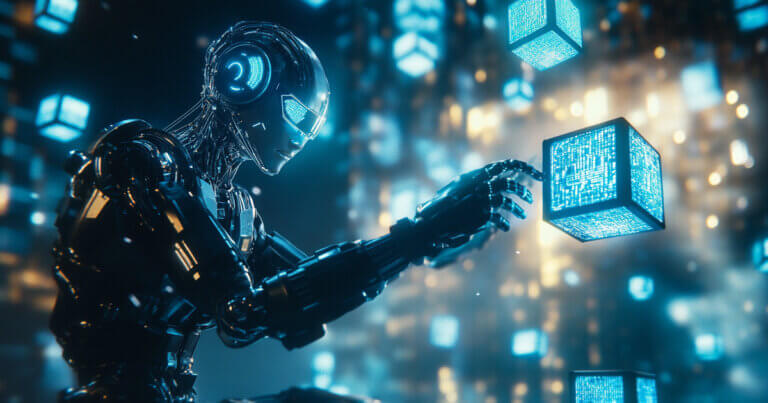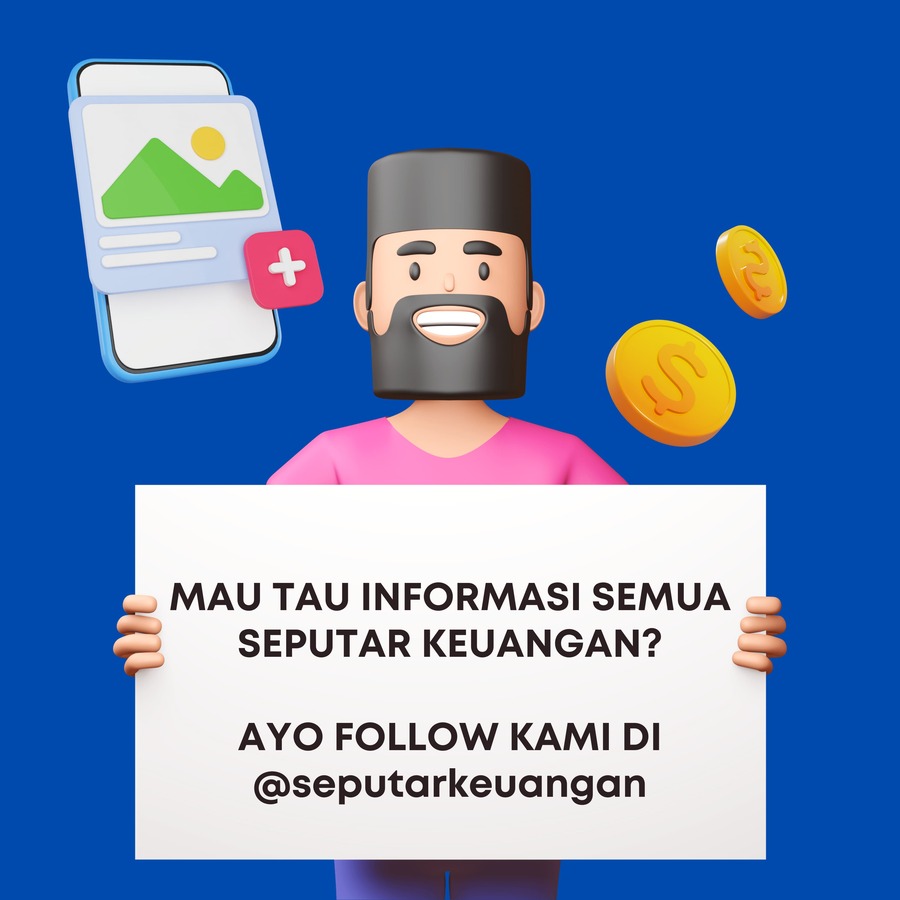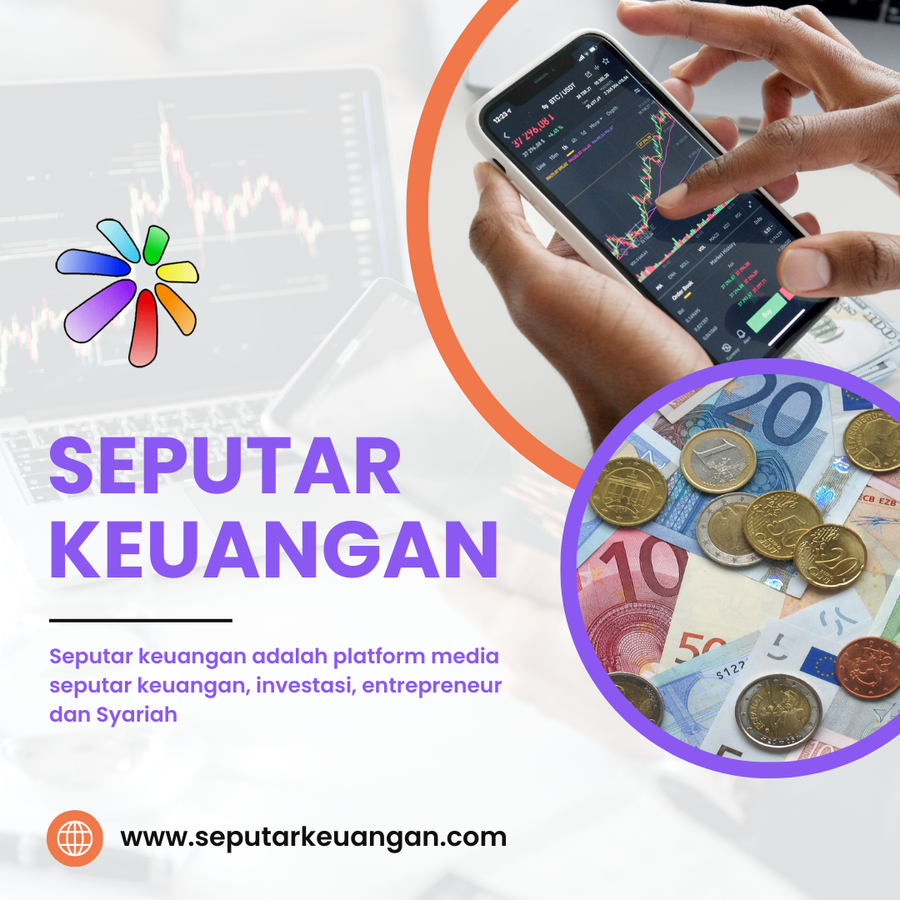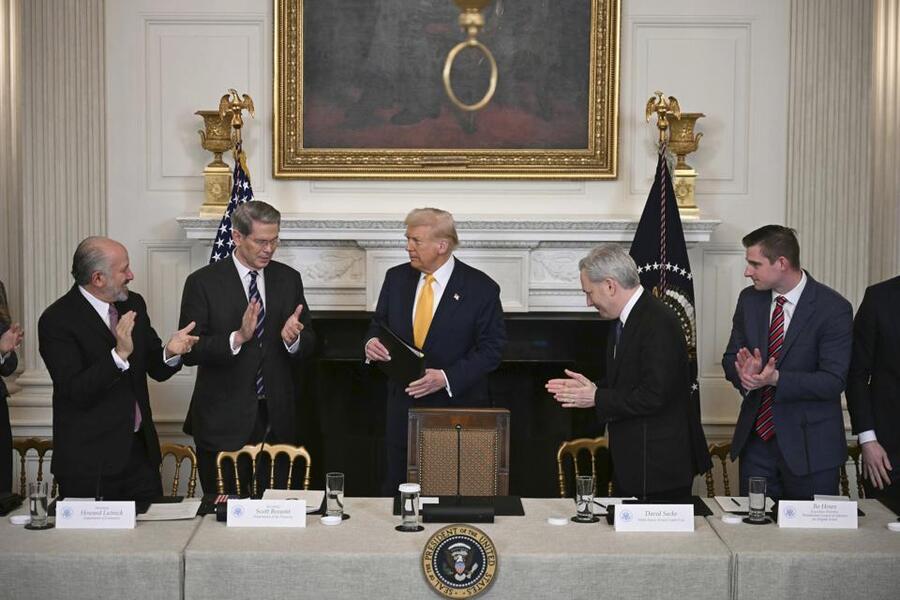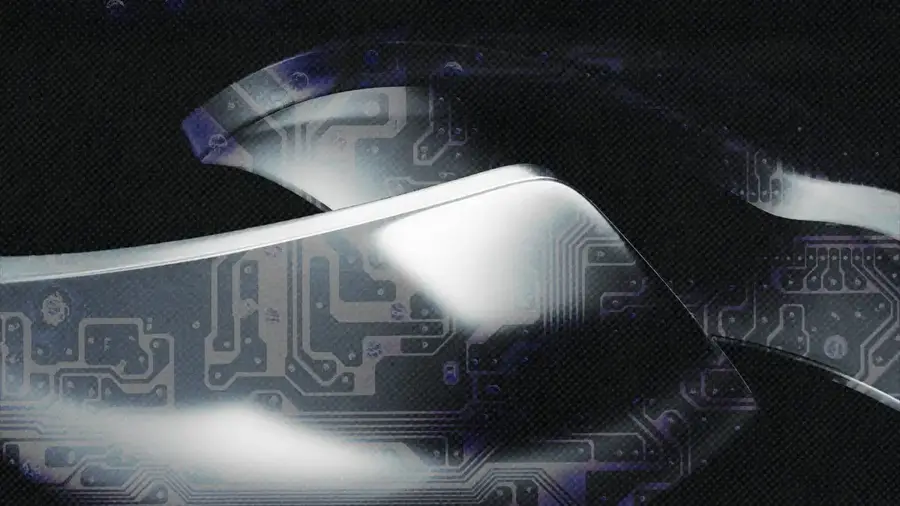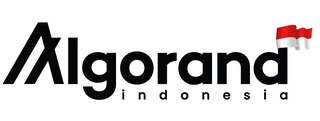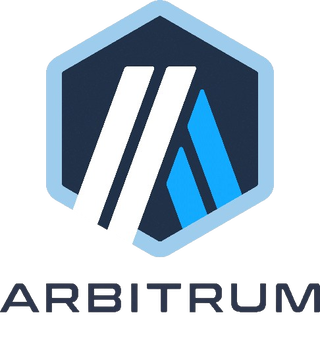AI is Changing the World, But Can We Trust It Without Blockchain?
By Yannik Schrade, CEO and Co-founder of Arcium
For years, experts have warned about the risks of artificial intelligence (AI). As AI rapidly grows—expected to see a 37% annual growth rate until 2030—it raises serious concerns about privacy, security, and data misuse.
We are now in the Fourth Industrial Revolution, where technologies like quantum computing, robotics, and AI are reshaping industries. However, as AI becomes more powerful, we need better transparency and security. Blockchain technology could help solve these issues by creating decentralized, verifiable AI systems that prevent AI from operating as a mysterious "black box."
Current Challenges in AI
AI took center stage when DeepSeek launched. Its ties to China immediately raised concerns because the model censors sensitive political topics. However, DeepSeek is open-source, meaning users can run it on their own devices for better privacy.
Still, most people lack the technical skills or resources to use AI models locally. Additionally, DeepSeek's privacy policies remain unclear, leaving users uncertain about how their data is handled. With over 1.7 billion data breaches reported in the U.S. last year alone, integrating blockchain and AI could be the next logical step for better security.
How Blockchain Can Improve AI
Blockchain is already changing AI in several ways:
- Decentralized AI Agents – AI-powered programs, like ElizaOS, are already automating tasks in Web3 and crypto. They can be used for trading, gaming, and decentralized marketplaces.
- Private AI for Security – AI models need access to sensitive data (like private keys in crypto trading). Without proper security, hackers could manipulate the system. Private AI can solve this by allowing AI to work with encrypted data while maintaining privacy.
The Future: Private AI & DeFi
Private AI has huge potential for both individuals and institutions. A new trend called DeFAI (DeFi + AI) is emerging, where AI-powered agents automate crypto trading while keeping strategies private. Institutions could also use private AI for on-chain trading, protecting trade strategies while still benefiting from blockchain transparency.
Beyond finance, healthcare is another area where private AI can be revolutionary. Right now, data privacy slows down medical innovation—for good reason. However, private AI could allow encrypted AI models to analyze sensitive patient data without exposing it, helping with better diagnosis and medical research.
Similarly, personalized AI assistants could learn from users without risking data leaks, improving lives without exploitation.
Final Thoughts
Private AI is just beginning, but its potential is huge. As AI advances, the need for security, privacy, and transparency will only grow. Blockchain-powered AI could be the key to unlocking a future where trust and innovation go hand in hand.

